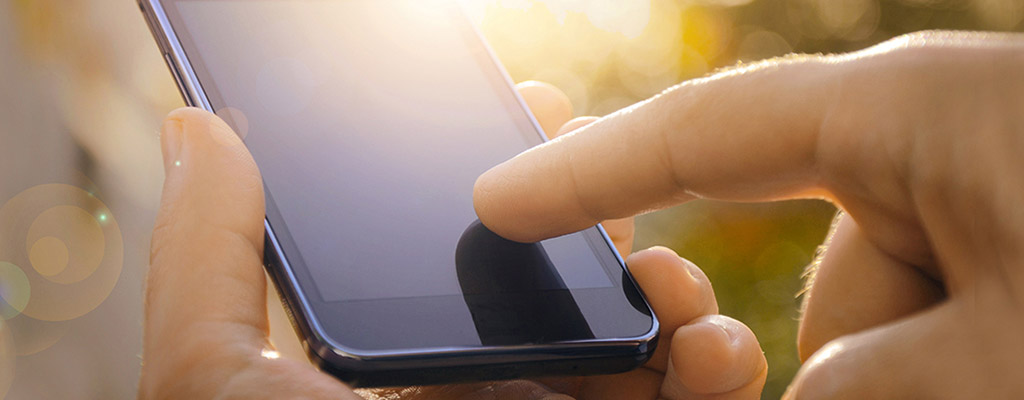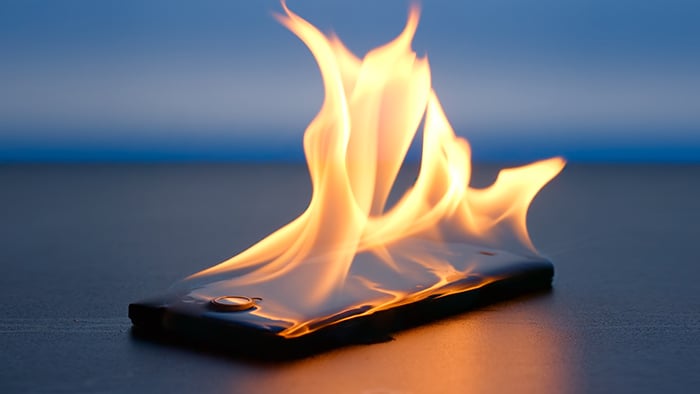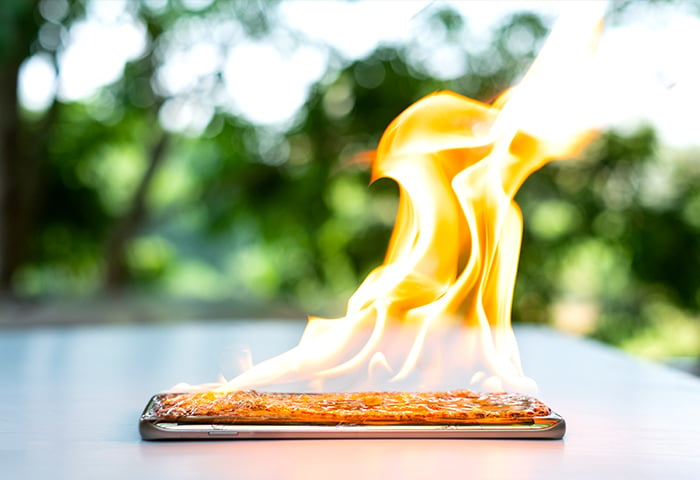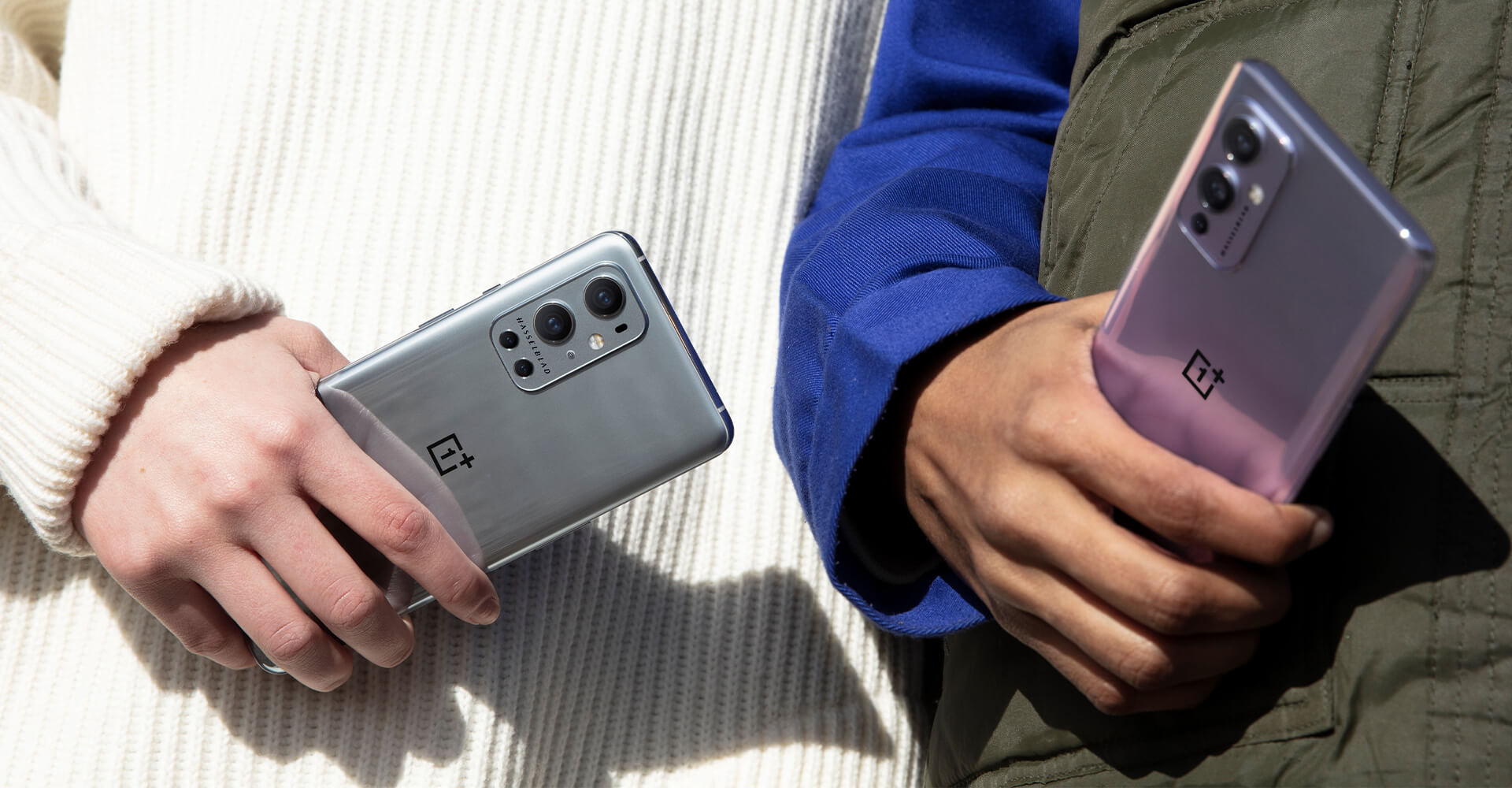Phone Overheating: Causes and Prevention
Have you ever experienced the frustration of picking up your phone only to find it scorching hot? If so, you’re not alone. Phone overheating is a common issue that many smartphone users face. But what exactly causes your phone to heat up? And more importantly, how can you prevent it from happening? In this article, we uncover the causes behind phone overheating and provide you with practical tips to keep your device cool.
Why Do Phones Overheat?

Understanding the reasons behind phone overheating is essential in preventing this issue from occurring frequently. Let’s explore some common causes:
1. Extensive Usage
Running power-hungry apps, streaming videos, or playing games for extended periods can strain your phone’s CPU and lead to overheating.
2. Multiple Apps Running Simultaneously
Having too many apps running in the background uses your phone’s processor, memory (RAM), and battery, increasing energy demand and generating heat.
3. Weak Signal Strength
In areas with poor cellular or Wi-Fi signal, your phone has to work harder to maintain a connection, which can result in overheating.
4. Exposure to Direct Sunlight
Leaving your phone in direct sunlight, whether on a windowsill or in a hot car, can turn it into a mini oven, heating up its internal components.
5. Malware or Viruses (Androids Only)
Android devices are more susceptible to malware or viruses that run in the background, consuming excess energy and causing overheating.
Preventing Phone Overheating

Now that you have a clear understanding of why phones overheat, let’s delve into some effective prevention strategies:
1. Limit Intensive Usage
Avoid using memory- and processor-intensive apps for prolonged periods. Take breaks between sessions to allow your phone to cool down.
2. Close Unused Apps
Shut down background apps that you’re not actively using. This reduces the strain on your phone’s resources and prevents unnecessary heat generation.
3. Update Apps Regularly
Keeping your apps up to date ensures they are optimized for efficient energy usage, reducing the chances of overheating.
4. Avoid Direct Sunlight
When outdoors, keep your phone in a shaded area, such as a pocket or bag, to protect it from direct exposure to sunlight.
5. Use Wi-Fi Instead of Cellular Data
If you’re in an area with weak cellular signal, switch to Wi-Fi to avoid straining your phone’s antenna and conserving energy.
6. Install Antivirus Software (Androids Only)
Protect your Android device from malware and viruses by installing reliable antivirus software. Regularly scan your phone for potential threats.
In Conclusion

Phone overheating can be a frustrating issue, but understanding the causes and implementing preventive measures can make a significant difference. By limiting intensive usage, closing unused apps, updating software, avoiding direct sunlight, using Wi-Fi when possible, and installing antivirus software (for Androids), you can keep your phone cool and enjoy uninterrupted usage.
Frequently Asked Questions

1. Why does my phone get hot when charging?
The heat generated during charging is normal, but if your phone becomes excessively hot or shows signs of overheating, it could indicate a faulty charging cable or port. Try using a different cable or charging port, and if the issue persists, consult a professional.
2. Can phone overheating damage the battery?
Yes, prolonged exposure to high temperatures can degrade your phone’s battery capacity over time. Extreme overheating can also cause permanent damage.
3. Is it safe to use my phone while it’s overheating?
It’s best to avoid using your phone extensively when it’s overheating, as continued usage can worsen the problem and potentially lead to damage. Give it some time to cool down before resuming normal usage.
4. What should I do if my phone overheats frequently?
If your phone consistently overheats despite following prevention tips, consider visiting a professional technician or contacting your phone manufacturer’s support for further assistance.
5. Are certain phone models more prone to overheating?
While all phones can experience overheating, certain models with more power-hungry processors or inefficient cooling systems may be more susceptible. Researching phone models known for better heat dissipation can help you choose a device less prone to overheating.

